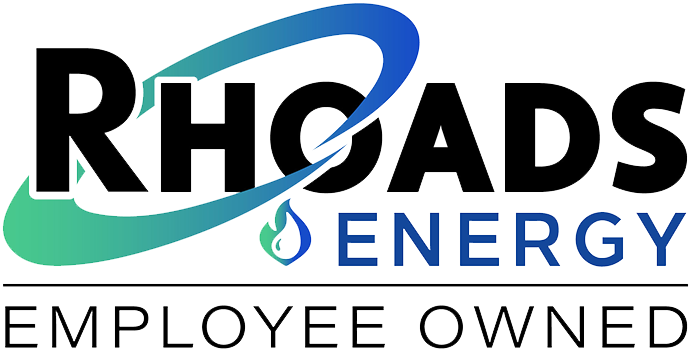School Officials Tell Their Success Story
In 2015, Hempfield School District changed from diesel buses to a new propane-powered fleet. Based on the district’s extensive research into the advantages of propane, Hempfield hoped to reap significant benefits from the switch – expectations that have been met or exceeded. Here are a few observations …
Why did you choose propane over diesel?
Derrick Frank, Director of Transportation: “We received a proposal from one of our vendors that included a quotation for propane buses. We noticed the cost savings right away, so we did our own research, and consulted colleagues from across the country about their experiences with propane. I couldn’t find anyone with any criticism of the technology.”
What kind of cost savings have you seen?
Dan Forry, Chief Operations Officer: “The biggest cost savings have been in fuel: there’s just no comparison. Right now, diesel fuel costs about $2.80 per gallon and propane costs about $.75 per gallon. The maintenance costs are also lower – propane buses require 7 quarts of oil and diesel buses use 23. The infrastructure cost to maintain a propane fleet is much lower than either diesel or compressed natural gas.”
Are there any safety concerns with propane buses?
Derrick Frank, Director of Transportation: “Propane bus tanks are 20 times more puncture resistant than diesel fuel tanks, and propane gas has a much higher ignition temperature than gasoline or diesel fuel.”
How has the community reacted to propane buses?
Brenda Becker, former Superintendent: “The residents of our district appreciate the reduced noise and lack of diesel fumes and exhaust. Taxpayers are also happy with the propane buses’ economy. Parents appreciate that the money saved could go toward education rather than transportation. We were also happy to show the community that we could put into practice the kinds of lessons about environmental stewardship that our district teaches.”
What kinds of reactions have you had from drivers and maintenance staff?
Brenda Becker, former Superintendent: “Our drivers were very happy with the reduced noise of the engines. Our fleet maintenance team was happy at how much cleaner it was to work on the engines without the oil dust and residue.”
Dan Forry, Chief Operations Officer: “We have also had no issues with starting the buses on cold mornings, which used to be a concern with the diesel engines.”
What advice would you give a district that might be considering a conversion?
Brenda Becker, former Superintendent: “Talk to districts that have made the switch. Invite stakeholders to take a close look at, and even ride on, a propane bus. Add up the cost savings, longevity of equipment, performance and efficiency. It’s just the right technology for this industry.”
At a Glance: Hempfield’s Propane Fleet:
- 85 propane school buses travelling 1.2 million miles per year
- Propane buses transport 7,304 students daily
- 12,000-gallon propane tank offers fast on-site fueling
- 240,000+ gallons used annually
- Propane currently costs 65-75% less than diesel

